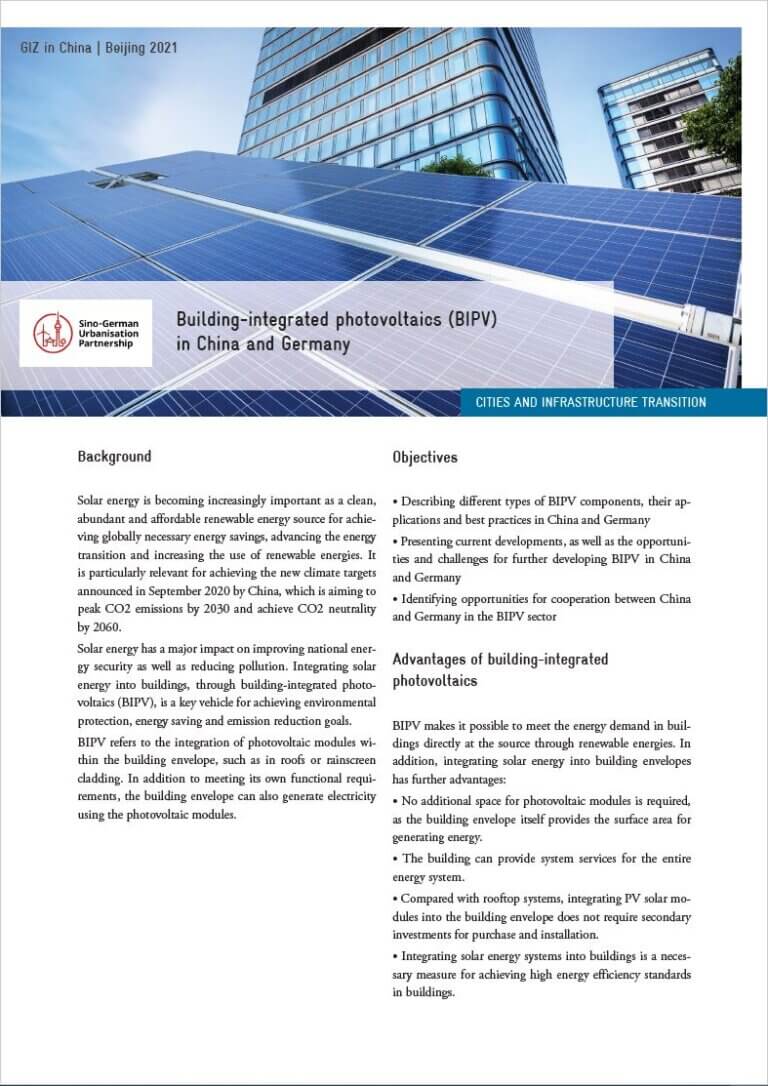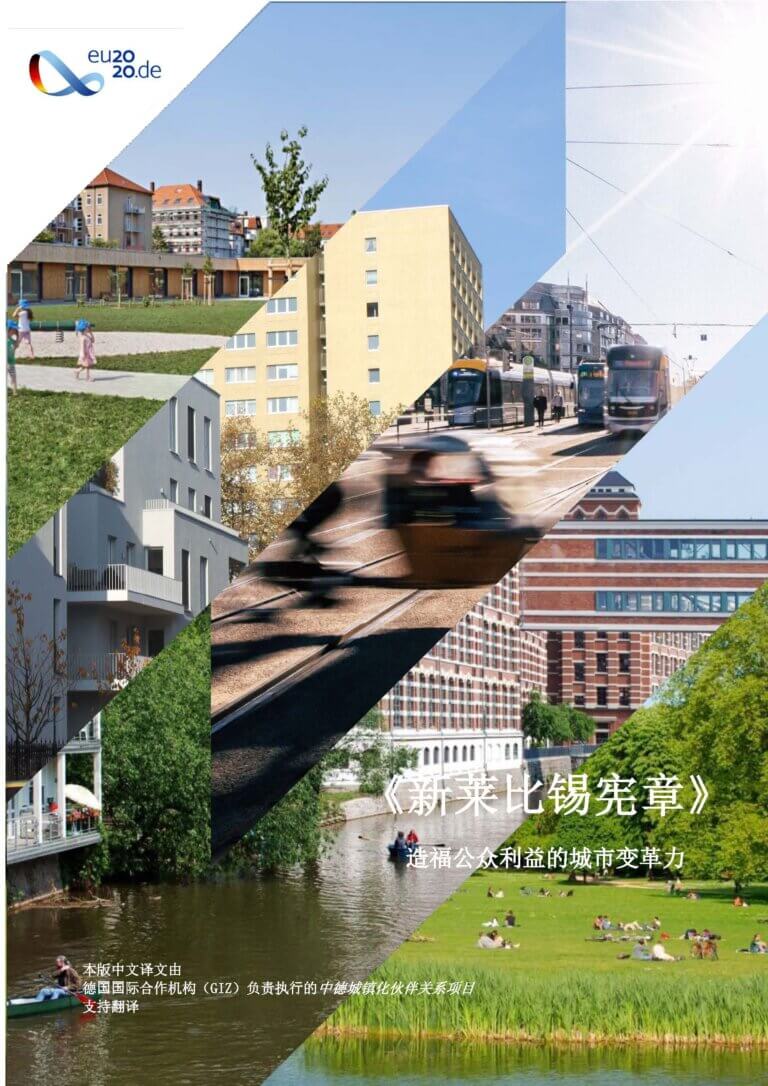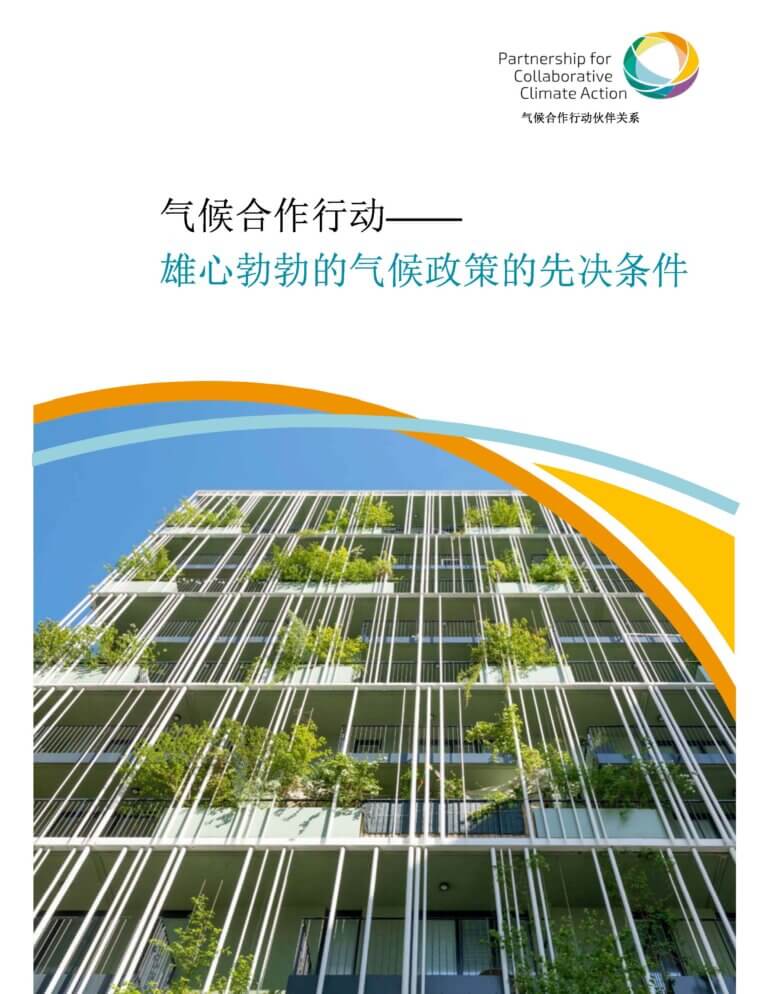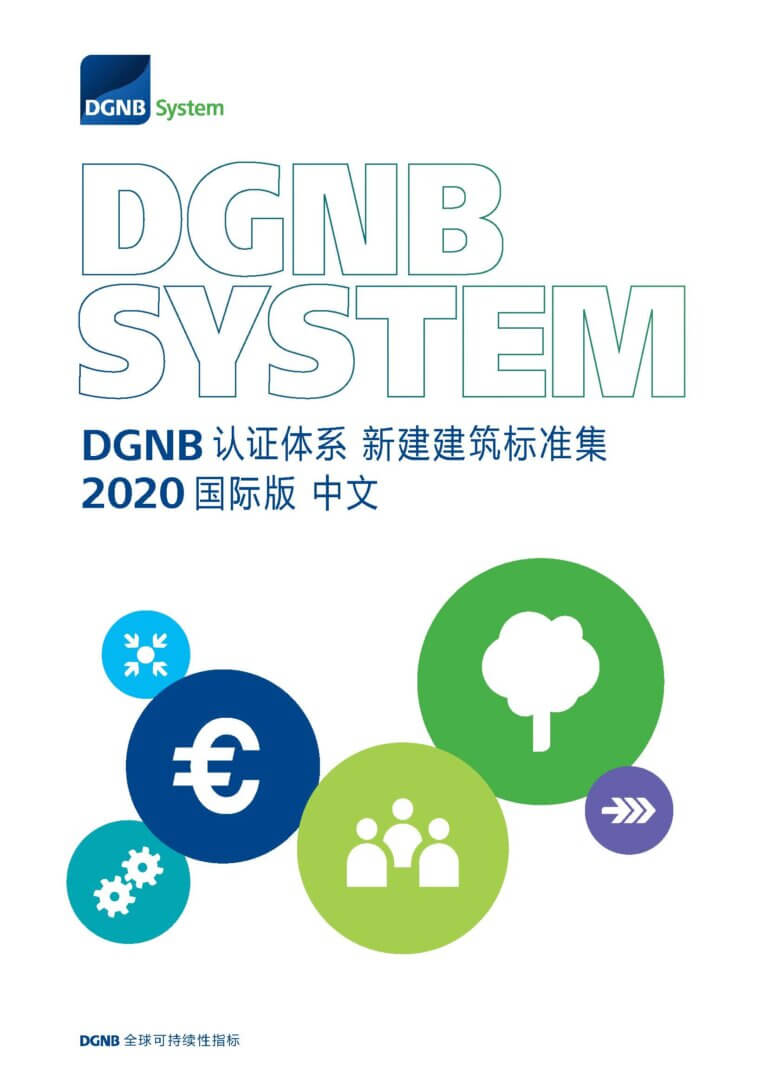Solar energy is becoming increasingly important as a clean, abundant and affordable renewable energy source for achieving globally necessary energy savings, advancing the energy transition and increasing the use of renewable energies. It is particularly relevant for achieving the new climate targets announced in September 2020 by China, which is aiming to peak CO2 emissions by 2030 and achieve CO2 neutrality by 2060. Solar energy has a major impact on improving national energy security as well as reducing pollution. Integrating solar energy into buildings, through building-integrated photovoltaics (BIPV), is a key vehicle for achieving environmental protection, energy saving and emission reduction goals. BIPV refers to the integration of photovoltaic modules within the building envelope, such as in roofs or rainscreen cladding. In addition to meeting its own functional requirements, the building envelope can also generate electricity using the photovoltaic modules.






